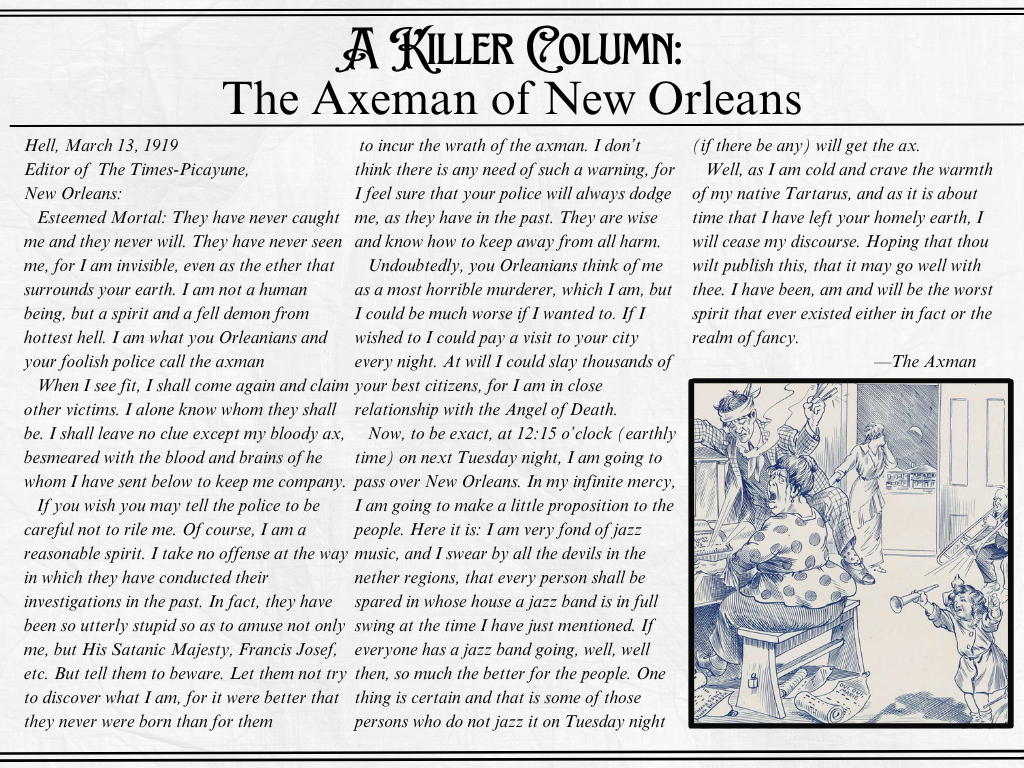Jana Giles delivered the lecture “Why Literature Matters: Virginia Woolf and Twentieth Century Feminism” Thursday as part of the ongoing Pink Bag series presented by Femhawks as part of the ULM Feminism Series.
Giles, associate professor in the school of humanities, focused on Virginia Woolf’s literary works and efforts to change the gender stereotyping of the twentieth century through words.
Woolf, a British modernist author, often focused on her womanhood in her writings. She is famous for such quotes as, “for most of history, Anonymous was a woman.”
According to Giles, literature has often been used as a common source to elucidate the meaning of feminism.
Lauren Haigler, a junior english major, said that the lecture made her curious to learn more about Woolf’s life and works.
“The study of literature empowers women to think critically and object to misrepresentations of the female narrative. I have found that reading the perspectives of women from different countries, economic backgrounds, time periods and personal experiences has only convinced me further that we are indeed worthy of honor and that progression towards a kinder and more equal society is still worth the pursuit,” Haigler said.
In the twentieth century, Virginia Woolf’s works provoked a fear of feminism and women’s empowerment. She was so impactful that she inspired the play by Edward Albee entitled “Who’s Afraid of Virginia Woolf.”
However, despite her influence through literature, discrepancies persisted. Even today, statistically, males are given more preference in academic/economic fields than their female counterparts, even by females themselves.
As a testament to this, Giles said, “Computer codes written by women have higher ratings than those written by men, but only if their genders are not identifiable.”
Haigler said that she found the portion of the lecture relating the struggles of women in the twentieth century to those of the twenty-first century particularly engaging.
“I don’t know that I can say I enjoyed learning how society continues to treat women. While we have progressed, in some ways, gender discrimination does still affect the success of many,” Haigler said.
Giles also spoke on the importance of thinking androgynously and sexist academic stereotyping. Woolf once wrote that an androgynous mind is most propitious to great creations.
According to Haigler, the entire idea of academic stereotyping based on gender should be eliminated.
“The push for men to primarily pursue the STEM fields while saving the humanities ‘for the ladies’ needs to change. I believe women who love the sciences should pursue them wholeheartedly and we should welcome men who love the humanities to study them without receiving sideways glances,” Haigler said.
Giles concluded her talk by encouraging students the read books and literary texts as they provide a more complex idea than movies do.
David Brasher learned about Woolf in a context outside of literature and thinks of her as a true feminist with a very fascinating life.
“As far as literature is concerned, I still think men are afraid to read female writers. I would encourage more men to branch out. Some of the best authors of past and present are female. Everyone from Jane Austen to Toni Morrison and, of course, Virginia Woolf continue to inspire me,” said Brasher, a senior english major.


